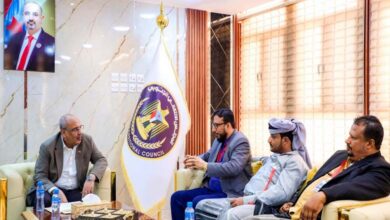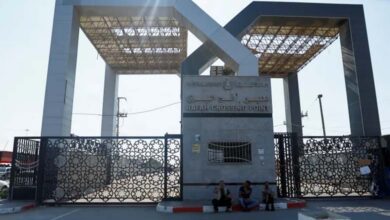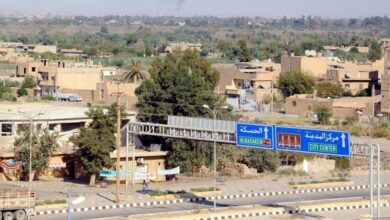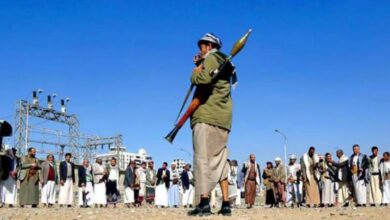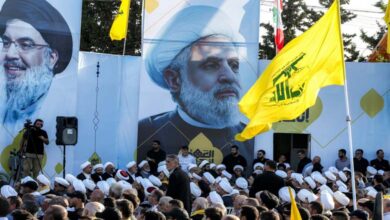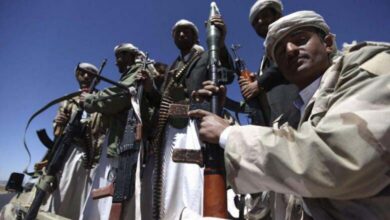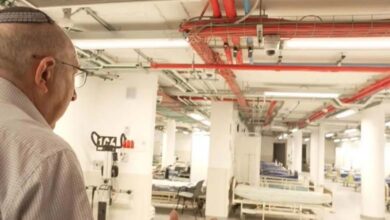Tunisia and Syria – A new step to restore relations to their proper state
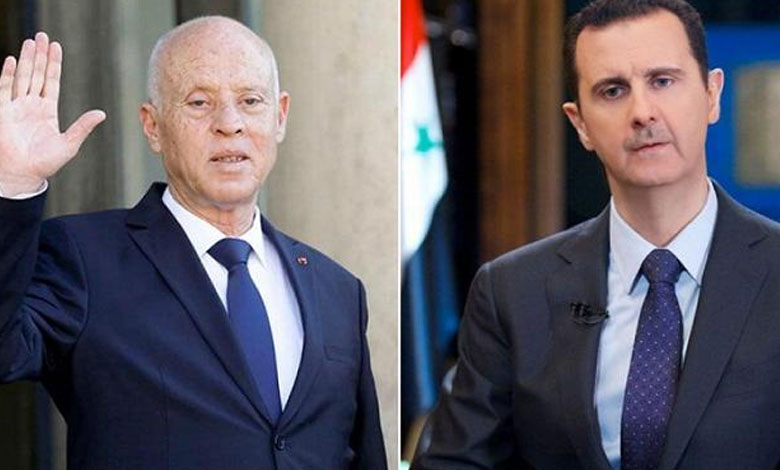
Syria and Tunisia announced that they were responding to Tunisian President Kais Saied’s initiative to appoint an ambassador for his country in Damascus. Meanwhile, Syria decided to reopen its embassy in Tunis and appoint an ambassador to head it.
Kais Saied Initiative
The joint statement said that in response to the initiative of Tunisian President Kais Saied to appoint an ambassador to Damascus, the Syrian government announced its immediate acceptance of this appointment, and decided to reopen the Syrian embassy in Tunisia, and to appoint an ambassador to head it in the coming period.
The two sides are keen to restore the Syrian-Tunisian relations to their normal track, the statement added, noting that consultations and coordination between the foreign ministers of the two countries are continuing, in order to consolidate the long-standing ties of brotherhood between Syria and Tunisia and to promote the values of solidarity and solidarity between them and serve the interests of their two brotherly peoples, according to SANA.
The beginning of the conversation
Last month, Tunisian Foreign Minister Nabil Ammar and Syrian Foreign Minister Faisal Mekdad called each other to express their desire to see bilateral relations “return to normal.”
The two ministers also discussed ways to raise the level of diplomatic representation and exchange visits between officials of the two countries, the Tunisian Foreign Ministry said, adding that it commended Tunisia’s support for Syria during the devastating earthquake that hit the north of the country last month, causing thousands of deaths and injuries.
Waves of terrorism
“Under the Brotherhood and Marzouki, Tunisia has seen waves of youth fleeing to trouble spots;” Syria, among them, under a political cover.
Marzouki had decided to sever full diplomatic relations with Syria in February 2012, but after Beji Caid Essebsi became president in 2015, the Tunisian foreign ministry decided to appoint a consul general in Damascus and limit itself to this level of diplomatic representation.
It is in the interest of both countries
Dr. Badra Gaaloul, Director of the Tunisian National Center for Strategic Studies, says that the return of diplomatic relations between Tunisia and Syria is in the interest of both countries, especially that Tunisia was greatly affected by terrorism and was a starting point for movements of young people to travel to Syria via Libya to fight.
The Syrian authorities have all the facts and information and can benefit Tunisia in order to complete the dismantling of the terrorist network, which had been active over the past ten years and was formed by the will of the authorities in Tunisia, he said.


